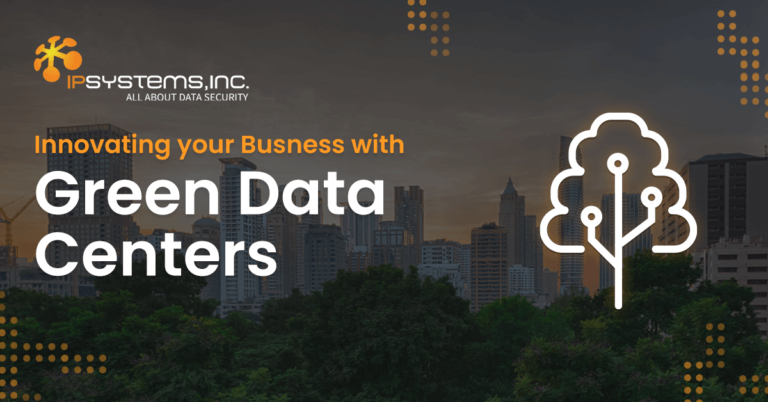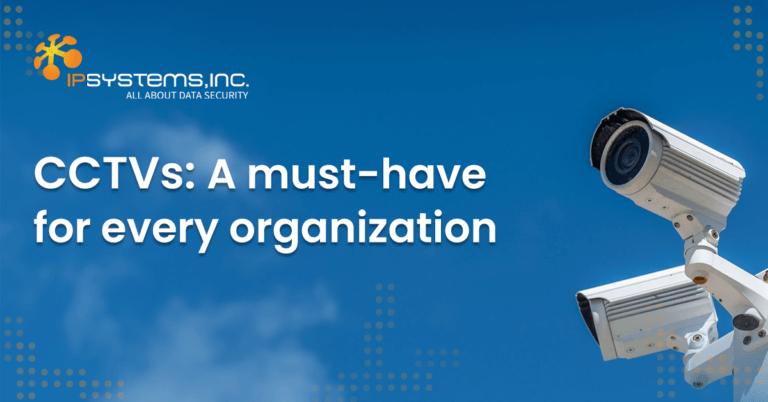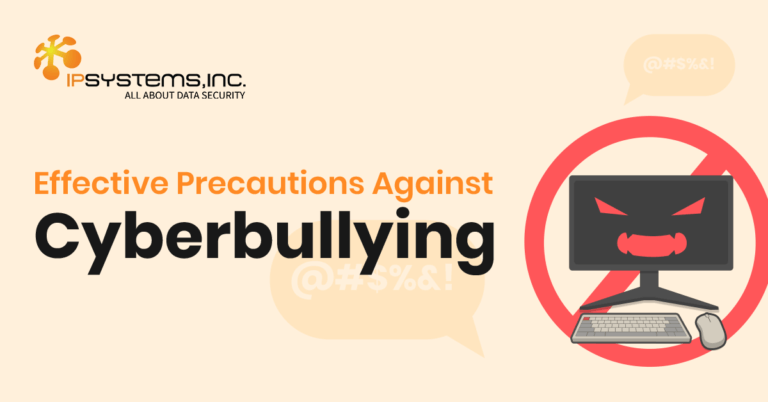
Innovating your Business with Green Data Centers
Blog: Innovating your Business with Green Data Centers Data centers are centralized facilities equipped with essential hardware like servers, storage devices, and networking equipment.

A VPN, also known as a Virtual Private Network, is a technology that establishes a secure and encrypted connection over the Internet or any other public network. It creates a private network within a public network, forming a virtual tunnel through which your internet traffic can safely travel.
When connected to a VPN, the data you send and receive undergoes encryption. This process encodes the information in a way that makes it extremely difficult for anyone else to intercept or access it, ensuring that your online activities, such as browsing websites, accessing online services, and transmitting sensitive data, remain private and safe against potential eavesdropping or hacking attempts.
With more and more people becoming more aware of cybersecurity, VPNs have become increasingly popular in recent years. However, with their growing popularity, there are also several misconceptions and myths surrounding VPNs. In this blog post, we'll explore some of the most common misconceptions about VPNs and set the record straight.
One of the most popular misconceptions concerning VPNs is that they are only for criminal use purposes such as piracy or hacking. While it is true that VPNs can be used for illegal activities, it is still on a case-to-case basis, and it still depends on the user. In fact, most VPN users are law-abiding citizens who are simply looking to protect their online privacy and security. VPNs are used by people from all walks of life, including businesspersons, journalists, online shoppers, researchers, and even students.
Another common misconception about VPNs is that they are slow and will degrade your internet speed dramatically. While it is true that using a VPN can slow down your internet connection to some extent, the effect usually depends on numerous factors such as the quality of your VPN service, your internet speed, and the distance between you and the VPN server. On the contrary, VPN can overcome bandwidth throttling imposed by your ISP, allowing you to bypass this limitation and experience improved connection speeds.
While VPNs are a powerful tool for protecting online privacy and security, they are not a silver bullet solution providing complete anonymity and security. VPNs encrypt your internet traffic and hide your IP address, which can help protect your online identity and sensitive information. However, VPNs cannot protect you from all online threats, such as phishing attacks or malware infections. It is still essential to become a learned user, practice good online hygiene, and use additional security measures in conjunction with your VPN.
Many people assume that free VPNs are just as good as paid VPNs, but this is not necessarily the case. While there are some reputable free VPN services available, many free VPNs are actually unreliable, insecure, or even dangerous. Free VPNs often have limitations on bandwidth, speed, and server locations, and may be more likely to collect and sell your data. Paid VPNs, on the other hand, offer higher security, reliability, and customer support.
Lastly, some people believe that using a VPN is illegal or against the terms of service of certain websites or services. While it is true that some countries or organizations may restrict or prohibit the use of VPNs, in most cases, using a VPN is perfectly legal and within the terms of service of most websites and services. It's essential to check your local laws and the terms of service of any websites or services you use to ensure you are not violating any laws or agreements.
VPNs are a valuable tool for protecting your online privacy and security. However, many misconceptions surrounding them can cause confusion and misinformation. By understanding the truth about VPNs and debunking these myths, informed decisions about how to use VPNs for online safety can be made.
While VPNs can provide high levels of privacy and security, they are not magic solutions and should still be used with caution, good online hygiene, and other security measures. Ultimately, choose the suitable VPN service that fits your needs and provides the security and privacy you deserve.



Blog: Innovating your Business with Green Data Centers Data centers are centralized facilities equipped with essential hardware like servers, storage devices, and networking equipment.

Blog: CCTVs: A must-have for every organization Nearly every business and organization, regardless of size, has already implemented CCTV Services within their premises because

Blog: Combating Bullying in Digital Classrooms: Empowering Students for a Safer Learning Environment Bullying is a pervasive issue that inflicts emotional, psychological, and physical